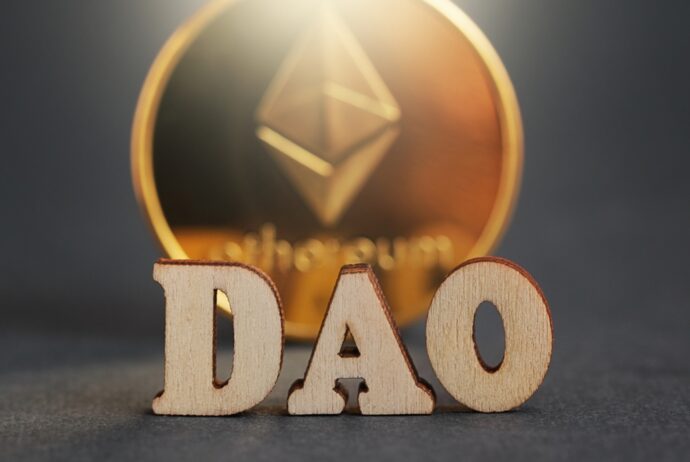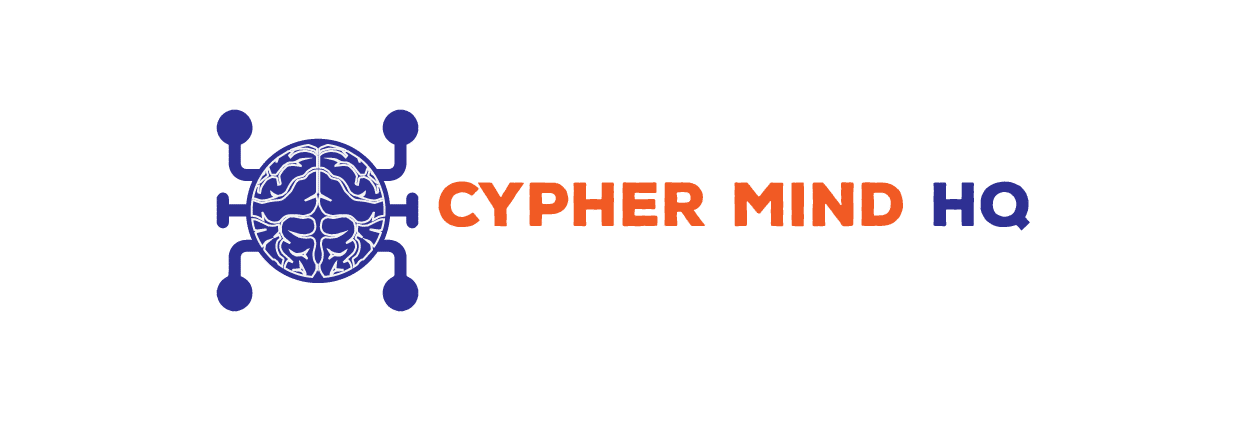Blockchain technology has unlocked new models for ownership and organization. The platforms, services, and products from such models are owned and operated by their users. These users come from various countries around the world.
With a project’s community comprising members across the globe, developers have found an effective way for everyone to be involved in the decision-making process through the use of governance tokens.
What are Governance Tokens?

CypherMindHQ.com Artificial Intelligence Crypto Trading System - Surpass the competition with this cutting-edge AI system! Utilize the prowess of innovative algorithms and amplify your crypto trading strategies with CypherMindHQ. Learn more today!
A governance token represents ownership in a certain dApp (decentralized application). Holders of this token have the ability to influence the direction of the protocol, including the products to be developed, what partnerships are to be pursued, how a budget will be spent, and many more.
Governance token holders can influence dApp’s direction in two forms. The first one involves holders proposing changes via an established submission process, while the other entails holders voting on such proposals.
Decentralized autonomous organizations (DAOs) have adopted governance tokens since they do not have defined leadership like traditional organizations. Those tokens help them to distribute ownership and power among members of the organizations.
How Do Governance Tokens Work?
In a traditional firm, only an executive body comprising shareholders and a board of directors has the power to make decisions that influence the direction of that organization.
But when it comes to DAOs, they operate differently, as they do not have a centralized group of individuals that serve as decision-makers. Instead, every member is involved in shaping the organization’s future.
All DAOs have established governance processes that involve community votes and proposals. While they may vary from one organization to another, a common feature found in all is governance tokens. And since these tokens facilitate transparent distribution and immutable ownership, they make distributed decision-making possible.
When a governance token holder submits a proposal and it reaches the voting stage, other holders have the right to cast their votes. However, it is worth noting that in most DAOs, voting power depends on the number of tokens held. For example, if Frank holds 300 tokens and Peninah has 100 tokens, then Frank carries thrice as much voting power as Peninah.

CypherMindHQ.com Artificial Intelligence Crypto Trading System - Outpace the competition with this high-end AI system! Leverage the capabilities of progressive algorithms and enhance your crypto trading performance with CypherMindHQ. Learn more today!
What is Special About Governance Tokens?
Governance tokens are considered utility tokens. Simply put, utility tokens can be used to access services or products offered by a particular protocol or allow their holders to exercise specific rights. The utility provided by governance tokens is the ability to influence the direction of a protocol.
Governance tokens are the only crypto assets that facilitate voting on blockchains by decentralizing the power of making important protocol decisions from a centralized leadership to all community members. That’s because all governance token holders are considered owners of a given dApp.
Who is Using Governance Tokens?
Most of the projects being launched today have governance tokens. Below are some protocols that have adopted these tokens, with some having utility beyond just voting.
Maker: This protocol has its governance token called MKR. Holders of this token have the ability to vote on various DAO governance processes, like approving new types of collateral.
Uniswap: This decentralized exchange uses a governance token called UNI. It has the biggest market capitalization among all governance tokens. But it has limited utility, giving holders the power to vote only.
RAI Protocol: The protocol uses FLX as its governance token, allowing holders to govern various complex aspects of the platform.
Curve: This decentralized stablecoin exchange has its own governance token called CRV. Along with having the right to participate in the decision-making process, its holders are rewarded for adding liquidity to various pools.
Future of Governance Tokens
Like the wider crypto market, the governance tokens’ future is filled with uncertainty, especially in terms of regulations. Many crypto analysts have suggested that it is highly likely that United States regulators will soon deem some governance tokens securities.
Nonetheless, these tokens will continue to help Decentralized finance (DeFi) protocols attain their full potential by enabling them to become truly decentralized.



